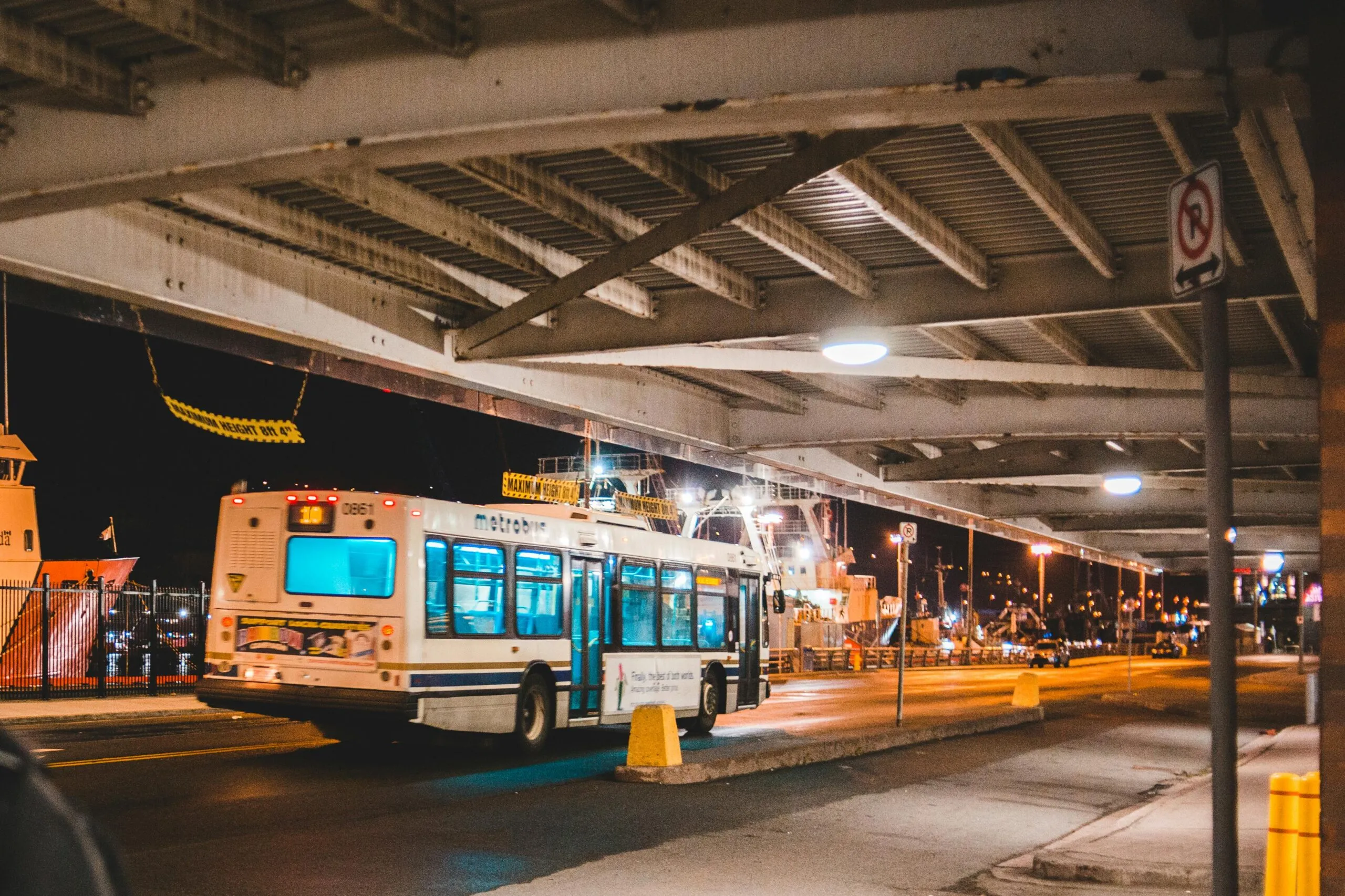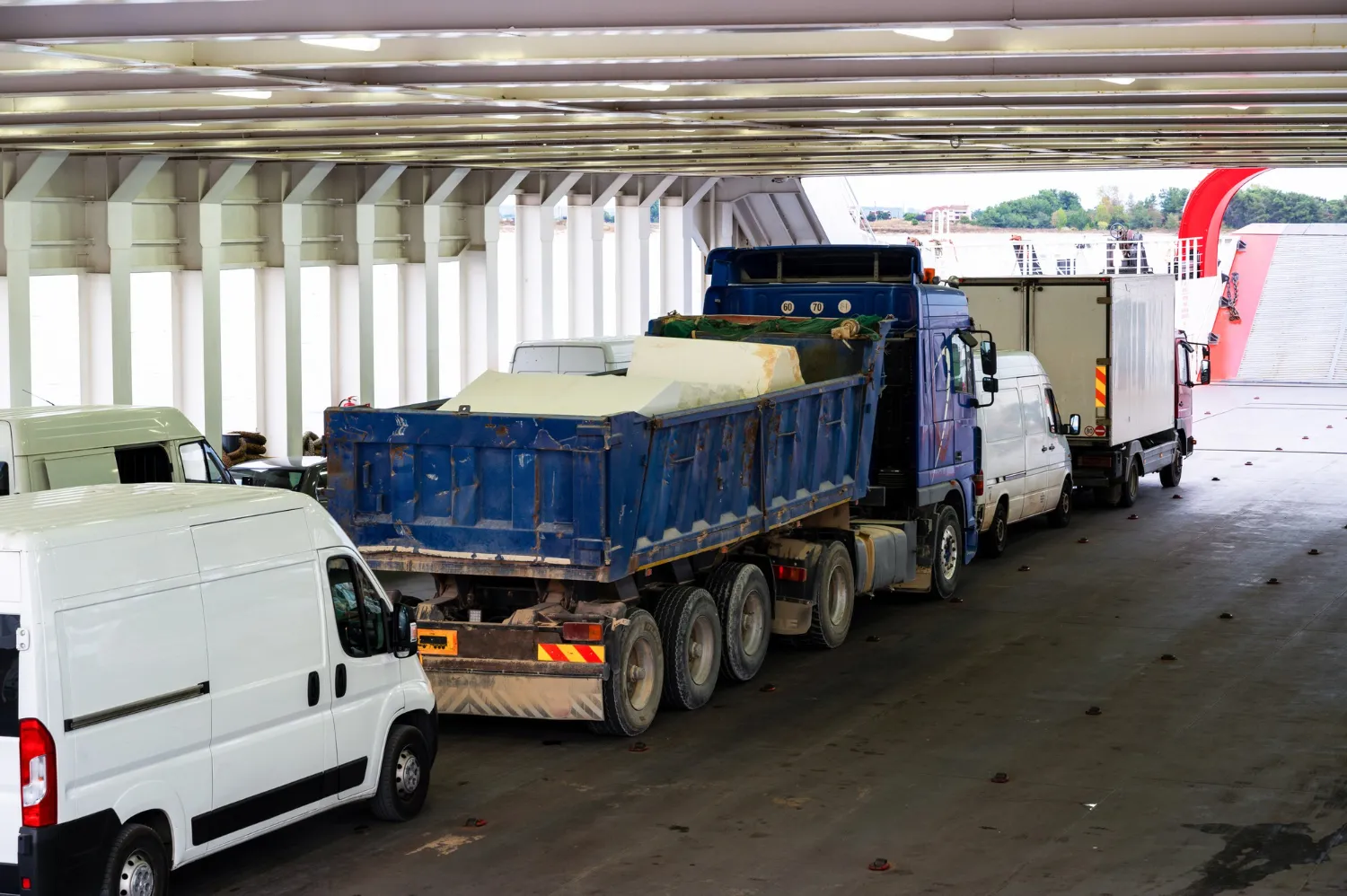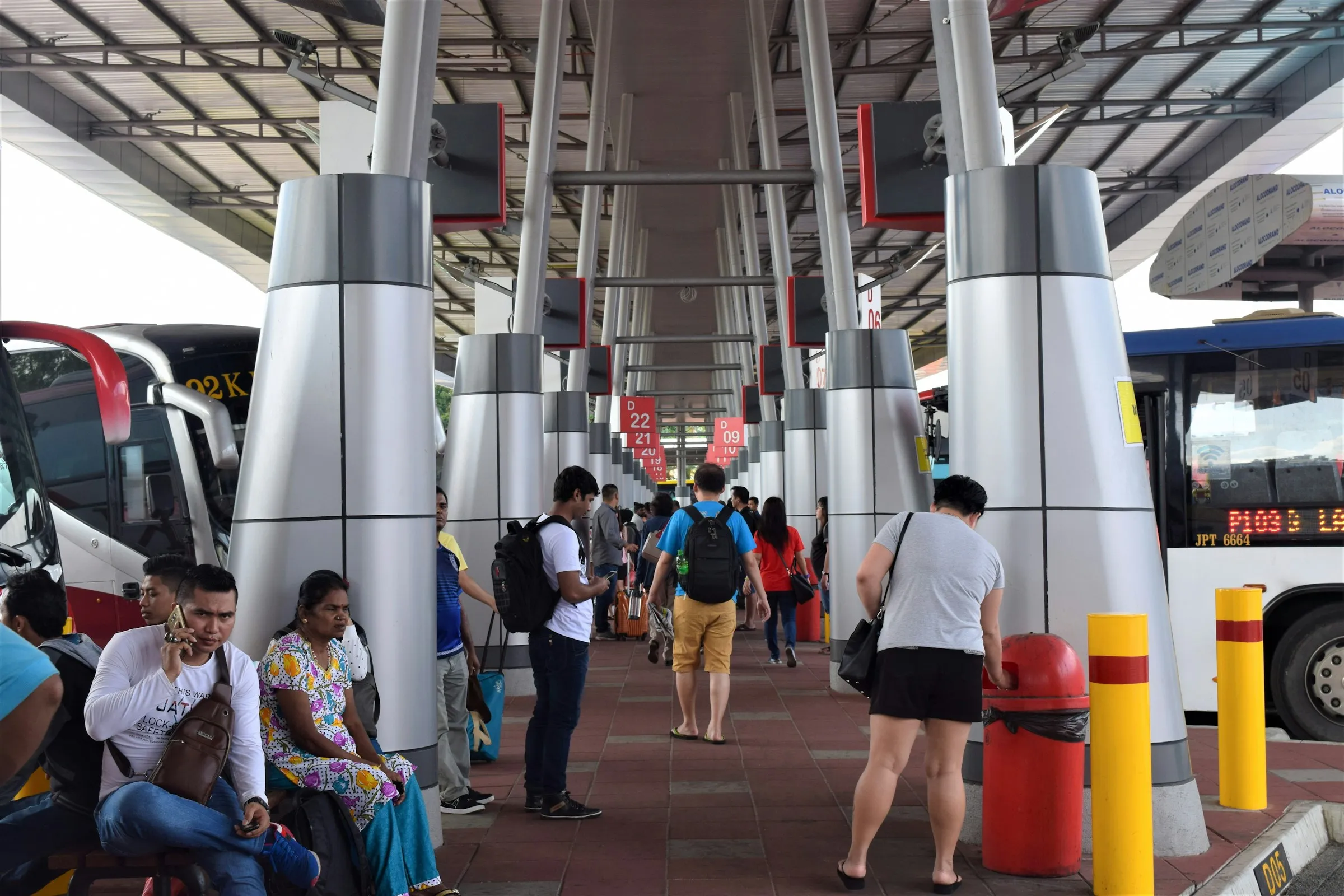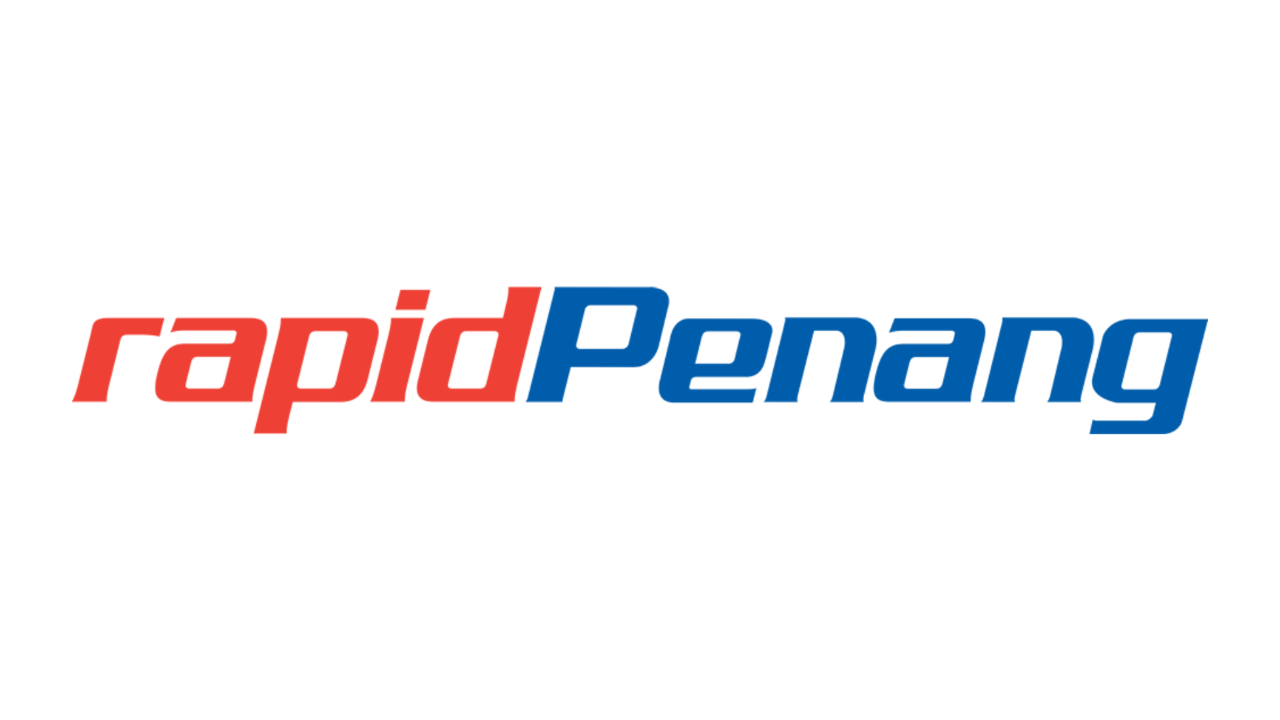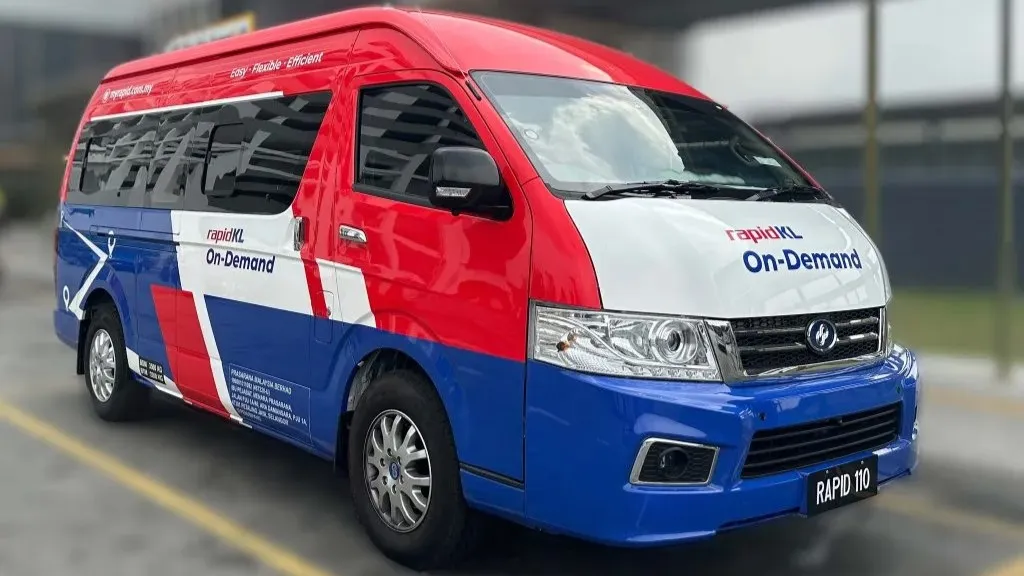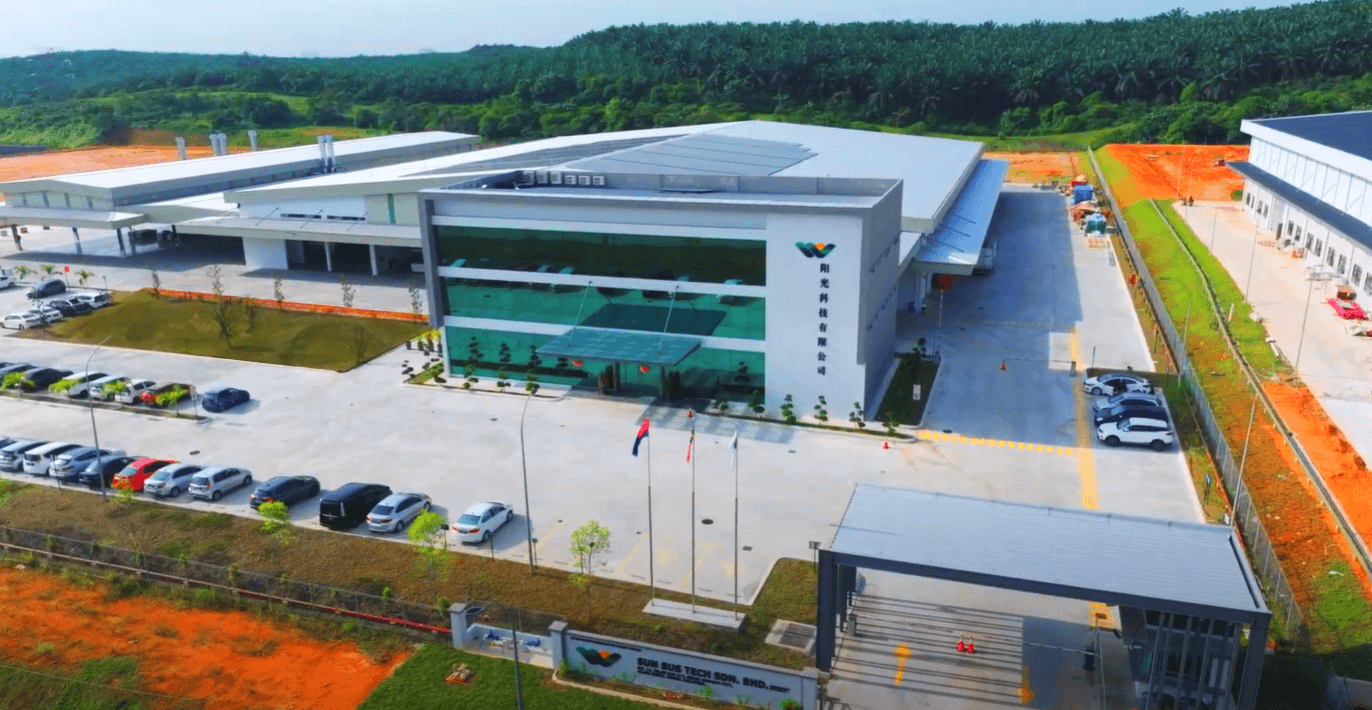Anthony Loke said transportation is the second-largest source of CO₂, hence the shift to EVs is badly needed.
In the Future, All Buses Will Be Electric, Said Transport Minister Loke
Malaysian Transport Minister Anthony Loke announced that the government will continue to advocate for the use of electric vehicles (EVs) through various policies and proactive measures, involving both public and private sectors.
As reported by the Bernama News Agency on Monday, 15 July 2024, Loke emphasized the importance of this initiative in driving substantial changes, particularly in reducing carbon dioxide (CO2) emissions, in line with the nation’s target of achieving net zero emissions.
“Currently, transportation is the second-largest source of CO₂ emissions, contributing up to 30 per cent of the country’s greenhouse gas emissions,” Loke said. “Thus, we are committed to promoting the shift to EVs within the transportation sector.”
Loke made these remarks at the launch of Nestle Malaysia’s MILO EV trucks. Nestle Malaysia CEO Juan Aranols was also present at the event. Loke noted that Prasarana Malaysia Bhd is transitioning to purchasing EV buses for public transport.
“In the future, all buses will be electric, supported by policies such as full tax exemptions for private EVs,” he added.
Loke praised Nestle Malaysia’s green logistics initiative, which involves using EV trucks for cross-border transportation, as a significant contribution to the nation’s goals of reducing carbon emissions and fostering sustainable transportation, aligning with the Low Carbon Mobility Blueprint 2021-2030.
This initiative, in partnership with Shell Malaysia Trading Sdn Bhd, exemplifies how private sector leadership can expedite Malaysia‘s progress towards sustainability.
Loke encouraged more companies to follow Nestle Malaysia’s example by adopting responsible and innovative technologies to minimize environmental impact while boosting operational efficiency.
He also mentioned that the ministry has granted proof of concept (POC) approval to Nestle Malaysia for using different prime movers and trailers from various companies to transport MILO products to Singapore.
“Typically, lorries have separate licenses for the prime mover and the tank, both held by the same company. In this case, we are allowing two different companies to provide this service to help Nestle swiftly implement their EV transportation agenda and reduce costs. Other companies wishing to undertake similar initiatives can request POC approval from the ministry. We will streamline regulations, although there will be an interim period. Our goal is to encourage EV use,” he stated.
Meanwhile, Aranols explained that Nestle’s EV trucks would transport MILO tanks between the Chembong factory in Malaysia and its Jurong factory in Singapore, making about 1,750 trips per year, covering approximately 280 kilometres per trip.
“This initiative can cut carbon emissions by 1,000 tonnes annually. We also plan to acquire four additional EV trucks within the next six months to fully convert this route into a green route,” he said.
Aranols added that the use of EV trucks reflects the company’s ongoing efforts to reduce their carbon footprint, alongside the biomass power plant operations at the Chembong factory, which can cut CO2 emissions by 14,000 tonnes annually.

